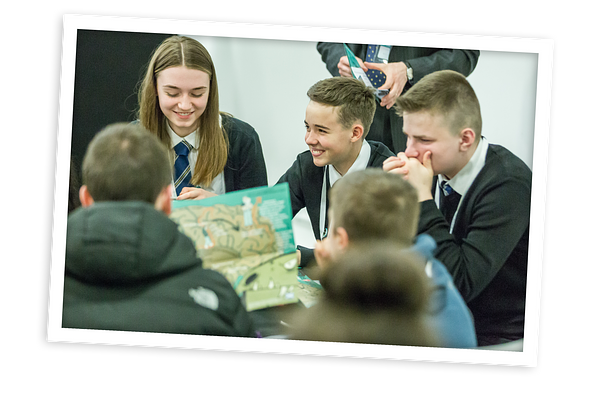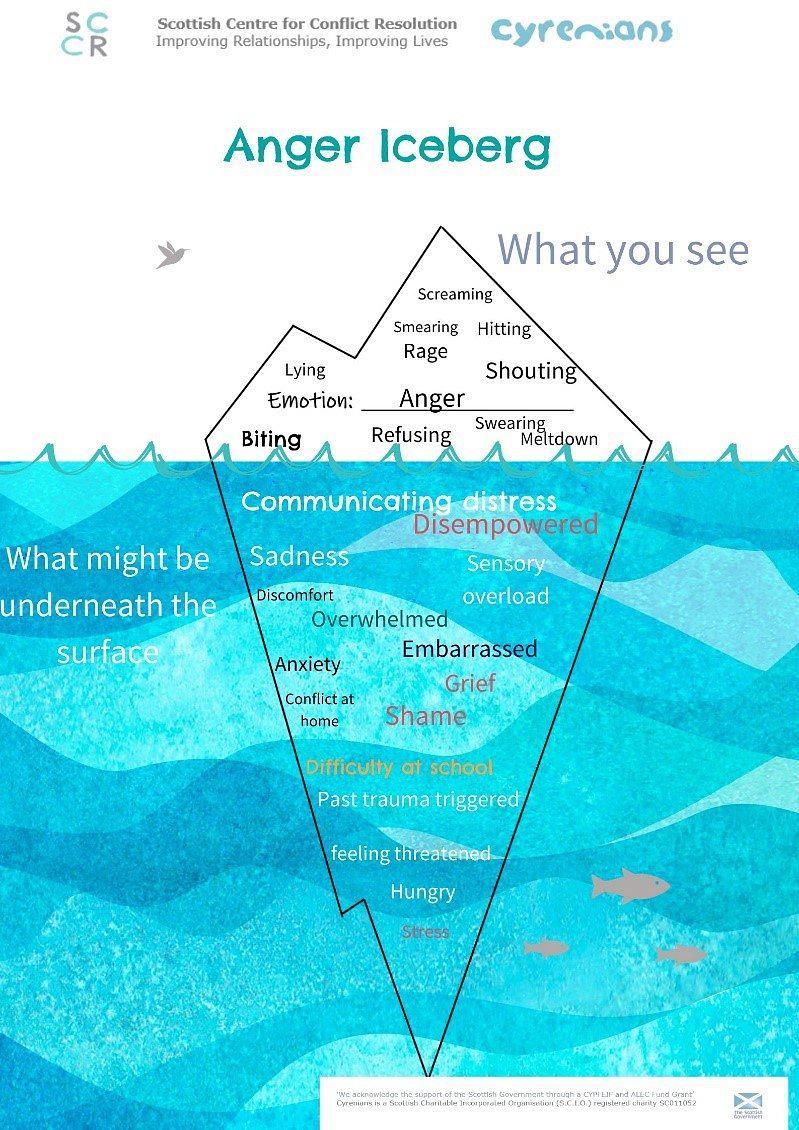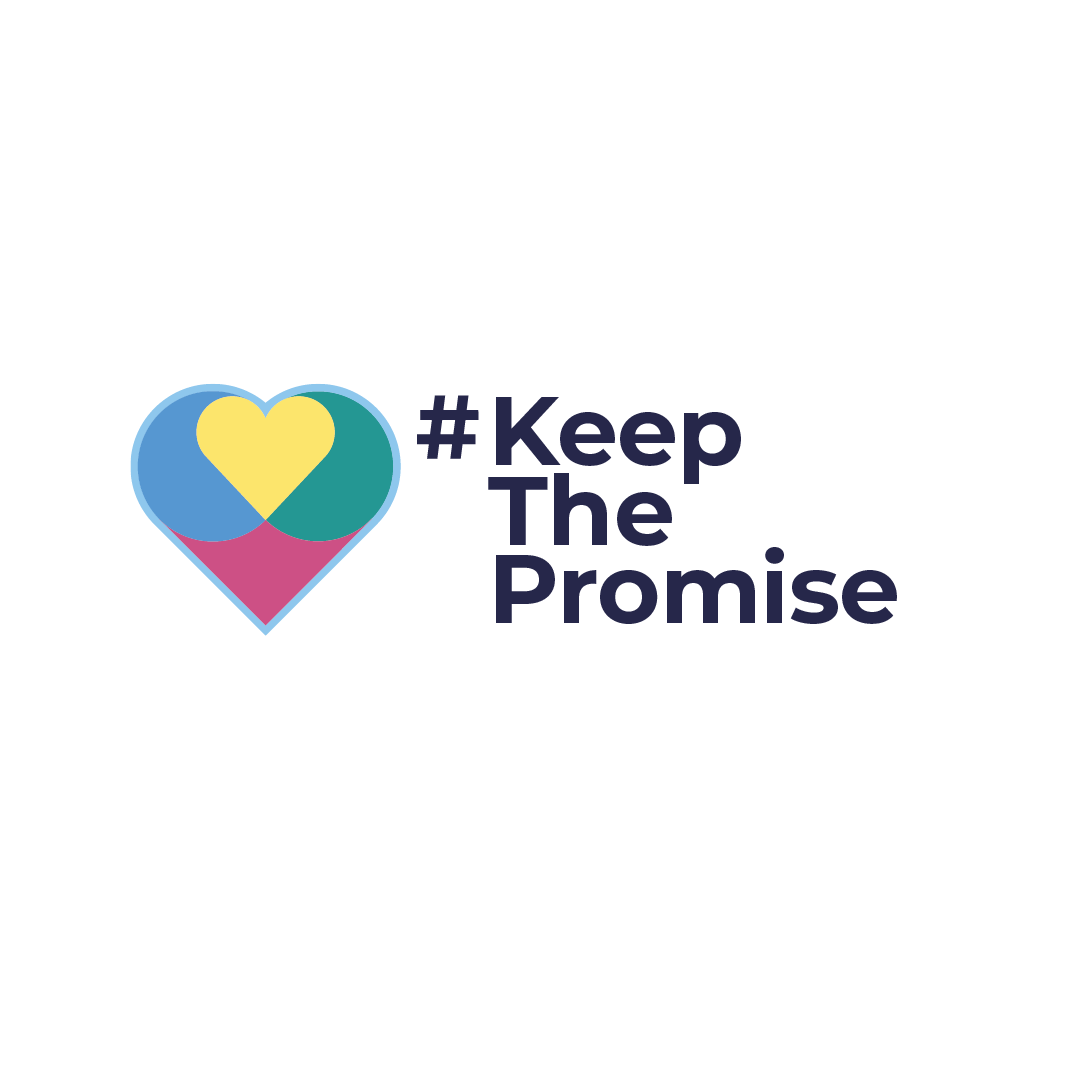Trauma and Young People's Brains
Aimee Macdonald

Recent research into trauma and young people highlights how pervasive and impactful adverse childhood experiences are on the developing brain.
Changes to the threat system, the reward system, and the memory system are particularly profound and will likely lead to difficulty in navigating life’s challenges, including the social world, the education system, and new environments.
Trauma and mental health
Studies show that children who have experienced abuse and neglect are more likely to develop a mental health difficulty, particularly during their teenage years, through several different pathways: stress susceptibility, stress generation, and social thinning.
Social thinning is a common experience for traumatised young people and is likely to have a significant adverse impact on their mental health and wellbeing.
Relationships are key to wellbeing for all of us, but traumatised children are more likely to misinterpret ambiguous social situations as threatening or dangerous. Furthermore, they are more likely to struggle to trust others, more likely to overlook or miss positive social cues, and may struggle to make and maintain friendships.
These effects can all interact and compound, gradually leading to traumatised young people feeling isolated and having fewer positive relationships compared with other young people. However, this is not inevitable.
What can adults do to help?
Positive, supportive relationships with adults is a huge protective factor for young people. Although there is no one-size fits all approach or quick fix, adults can help promote resilience and recovery.
The following are helpful points to consider, based on recent research with young people:
1. Remember that behaviour is communication. When a young person behaves in a way we find challenging, we need to look below the surface. The behaviour may have developed because of something that happened in the past and could be a way of expressing an unmet need or an underlying difficulty. The iceberg analogy is helpful in this regard:

2. Stepping back to reflect
Taking a pause and reflecting can make space for new ideas and can lead to a new and different action. It can create the opportunity to ask questions and be curious, and in general, is an approach that is likely to have a positive impact on a relationship under strain.
3. By responding differently, we can create a different outcome
Young people often experience stressful experiences because of responses to their behaviour – for example, some young people’s behaviour might lead to school exclusion or other punishments, which are a source of stress for them. All children need appropriate boundaries, but adult responses that are compassionate and look under the surface of displayed behaviour can be hugely helpful. Additionally, providing young people the opportunity to repair relationships after ruptures can help them feel hopeful, compared to feeling as if they have failed. Being genuinely interested in understanding the young person is more likely to open opportunities for new learning, positive relationships, and building self-worth compared with, for example, punitive responses.
4. Take the time to learn and understand
Oftentimes, unexpected behaviour, or behaviour that makes us feel rejected or pushed away, are the result of early traumatic experiences. Understanding this (and the other brain changes associated with early trauma and the corresponding behavioural differences) can help us adopt a more open, curious mindset and help aid relationship-building.
5. Taking care of ourselves
Working with behaviour that we find challenging can have a big strain on our own mental health and our ability to remain open, flexible, and tolerate stress. We need to attend to our own needs, connect with others, and practice self-care. In addition, working with vulnerable young people is a team effort. If we’re starting to feel that we’re the only one who understands a young person, we might need to check who’s supporting us. Every child should have a team of supportive adults around them who can work together.
References





